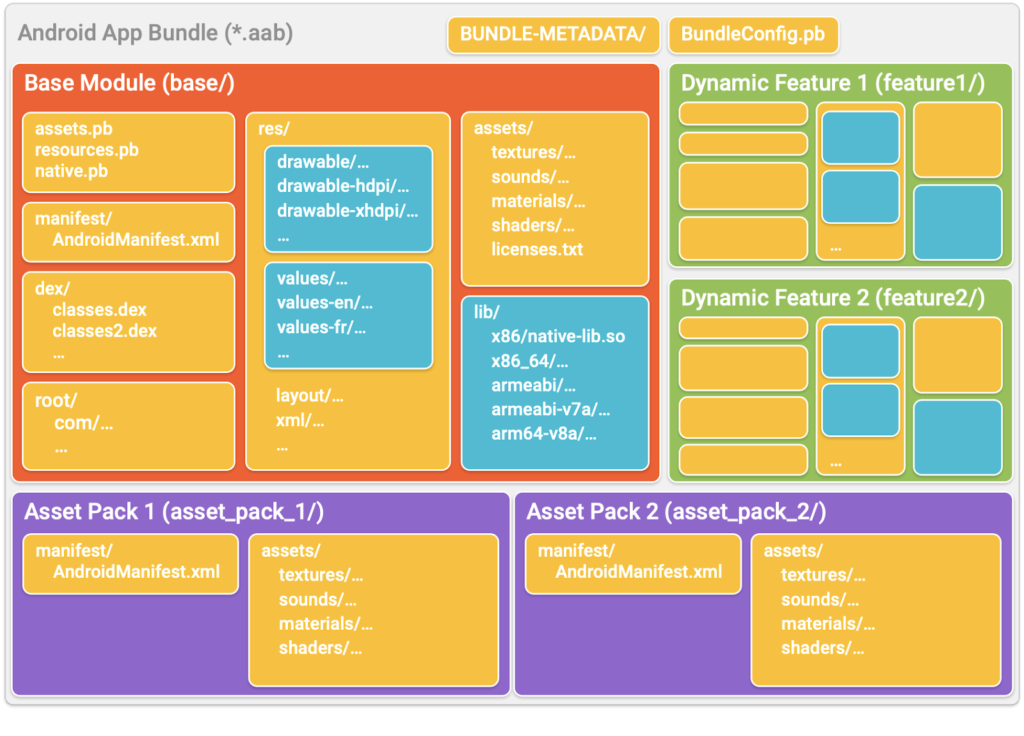
Google Play Introduces “Asset Delivery” to Optimize App Updates
- Google is introducing a new “Asset Delivery” API for Android apps, liberating developers from CDNs.
- Moreover, the users will get tailored app bundles for their specific architecture, resolution, and localization.
- The Play Store will now handle the delta updating procedure, minimizing downloading times and data consumption.
Google is introducing a game-changing feature for the Play Store, which would help users save time, resources, and data. Calling it the “Asset Delivery” system, it is meant to replace the standard APK package containing the apps with a customized bundle explicitly created for the user’s device. When dealing with substantial updates that usually come from game apps, users and developers have to go through a set of challenges derived from the stodgy size of these packages. More often than not, users install the app and then have to go through a series of progress bars loading as they fetch additional content (game assets).
Source: android-developers.googleblog.com
This approach is introducing additional costs for the developers, since CDNs are services that need to be paid for, and these costs are rolled over to the end-user. Besides, time and data are wasted for the user, and the whole experience is significantly degraded while they wait instead of playing. To address this practical problem, Google is incorporating an asset delivery system onto the Play Store, enabling APKs to fetch any additional content with the installation or the updating process. At the same time, Google will handle the “delta patching” procedure, which minimizes the download size.
Delta updates have been around for many years now. They are based on identifying which parts of the code have changed, requiring the user to download only these chunks. So, instead of downloading an APK and assets that contain support for all languages, all platforms, and all resolutions, the user will get a delta update that concerns only the active language, the particular device’s APU architecture, and their resolution. Google has already added support for the Unity and Unreal game engines, while other engines may be supported through the Gradle plugin.
In the end, it’s the user experience that is massively improved. Still, the whole Android ecosystem has to benefit since it makes the situation a lot better for game developers as well. Gameloft already rushed to take advantage of the PAD (Play Asset Delivery) API, incorporating the new system into Asphalt 8 and Minion Rush. As they report, they witnessed an immediate increase of 10% in user retention, who would otherwise quit the app before the secondary download got to finish. Similarly, RV AppStudios report a 4.7% increase in 15-day retention, although the additional assets of their “Puzzle Kids” game were only 23 MB in size. The game developer also saw a 21% reduction in crashes caused by instabilities on their previous CDN system.









